PCS-HM190-100μg / 询价
PCS-HM190-500μg / 询价
PCS-HM190-500μgx2 / 询价
Human PCSK9 Protein
Recombinant Human PCSK9 Protein is expressed from HEK293 with His tag at the C-Terminus.
It contains Gln31-Gln692 [Accession | Q8NBP7-1].
Due to autocatalytic cleavage, the protein release the pro-form (59 kDa) and mature form (14 kDa). Due to glycosylation, the protein migrates to 65-68 kDa (pro-form) and 15kDa (mature form) based on Bis-Tris PAGE result.
> 95% as determined by Bis-Tris PAGE
> 95% as determined by HPLC
Less than 1EU per μg by the LAL method.
Supplied as 0.22μm filtered solution in 20mM PB, 300mM NaCl, 10% Glycerol (pH 7.4).
Valid for 12 months from date of receipt when stored at -80°C.
Recommend to aliquot the protein into smaller quantities for optimal storage. Please minimize freeze-thaw cycles.
Proprotein convertase subtilisin/kexin type 9 (PCSK9) is an enzyme encoded by the PCSK9 gene in humans on chromosome 1.The first two PCSK9 inhibitors, alirocumab and evolocumab, were approved as once every two week injections, by the U.S. Food and Drug Administration in 2015 for lowering LDL-particle concentrations when statins and other drugs were not sufficiently effective or poorly tolerated.
PC9; PCSK9; FH3; HCHOLA3; LDLCQ1; NARC-1
(1)McKenney, James M. Understanding PCSK9 and anti-PCSK9 therapies[J]. Journal of Clinical Lipidology, 2015, 9(2):170-186.










